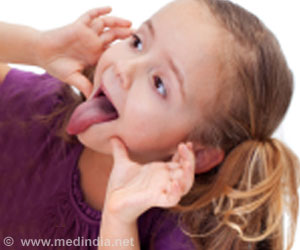The first brain wave test for attention deficit hyperactivity disorder has been approved by the US regulators, saying it may improve the accuracy of diagnoses by medical experts.

The new test, known as the Neuropsychiatric EEG-Based Assessment Aid (NEBA) System, measures electrical impulses given off by neurons in the brain.
A 15-20 minute test calculates the ratio of certain brain wave frequencies known as theta and beta waves in children age six to 17.
"The theta/beta ratio has been shown to be higher in children and adolescents with ADHD than in children without it," the US Food and Drug Administration said.
"Diagnosing ADHD is a multistep process based on a complete medical and psychiatric exam," cautioned Christy Foreman, director of the Office of Device Evaluation at the FDA's Center for Devices and Radiological Health.
"The NEBA System along with other clinical information may help health care providers more accurately determine if ADHD is the cause of a behavioral problem."
Advertisement
The FDA approved the device after a reviewing it as a new and "low- to moderate-risk medical device."
Advertisement
An independent review found the device "aided clinicians in making a more accurate diagnosis of ADHD when used in conjunction with a clinical assessment for ADHD, compared with doing the clinical assessment alone," the FDA said.
The device is made by NEBA Health in Augusta, Georgia.
ADHD is believed to occur in five to 10 percent of US children. A recent analysis of US government data by the New York Times found that as many as one in five teenage boys is diagnosed with the disorder.
A study in the journal Pediatrics last year found a 46 percent rise in ADHD prescriptions from 2002 to 2010.
Source-AFP















